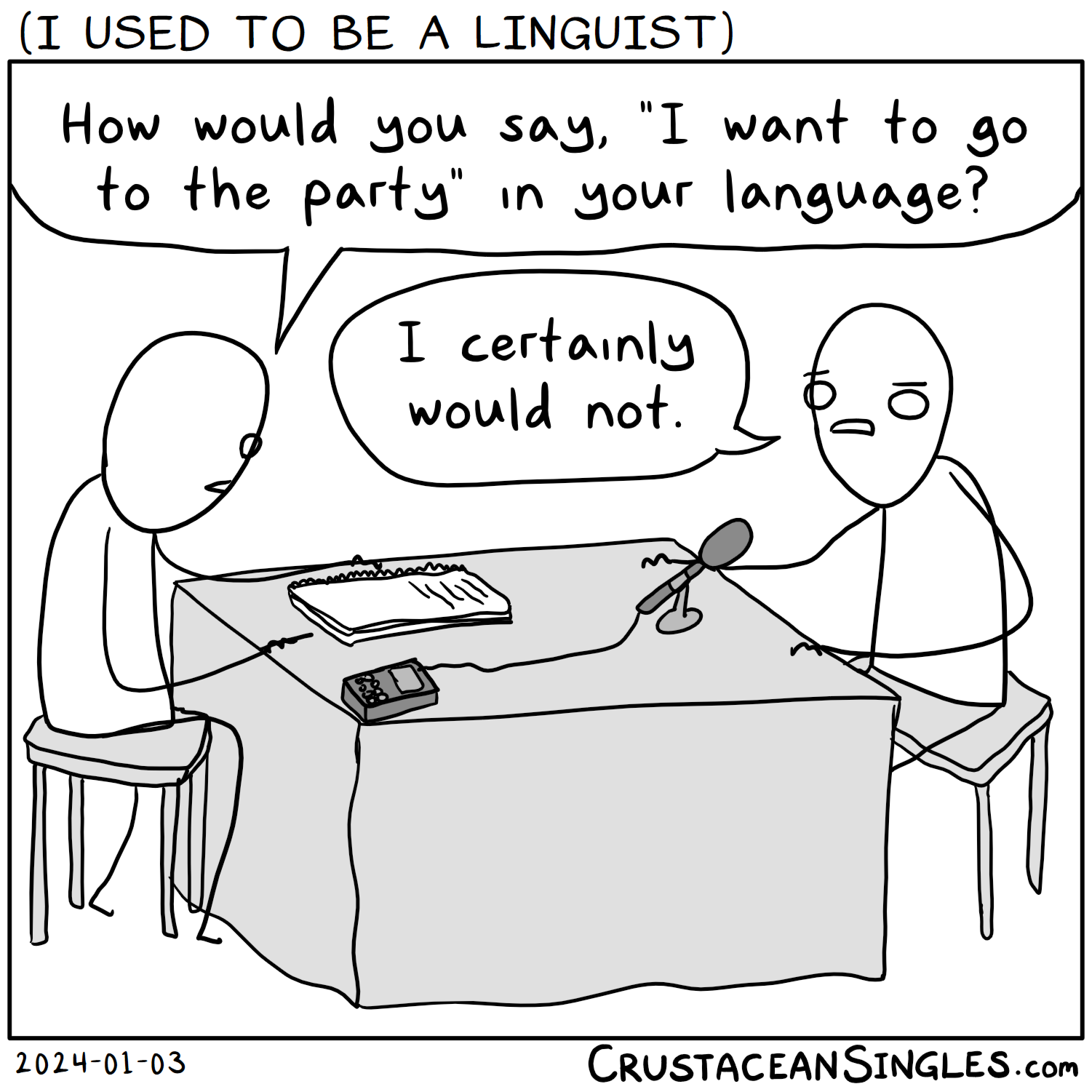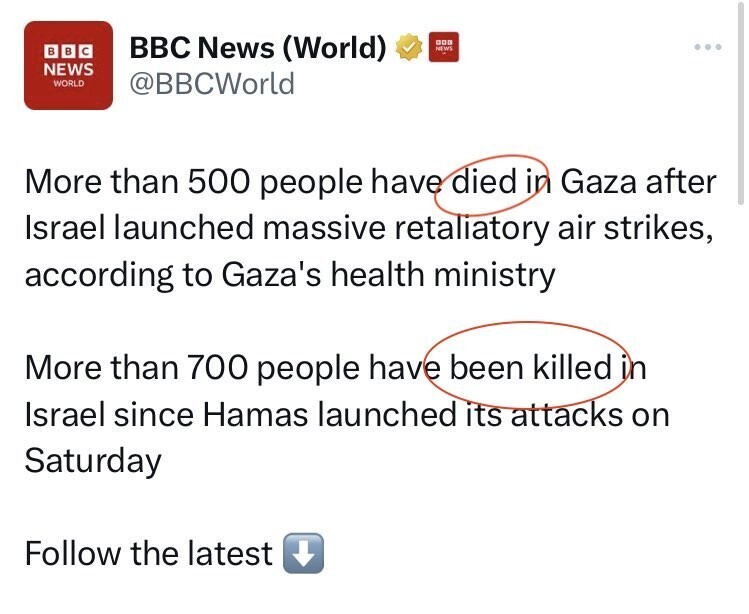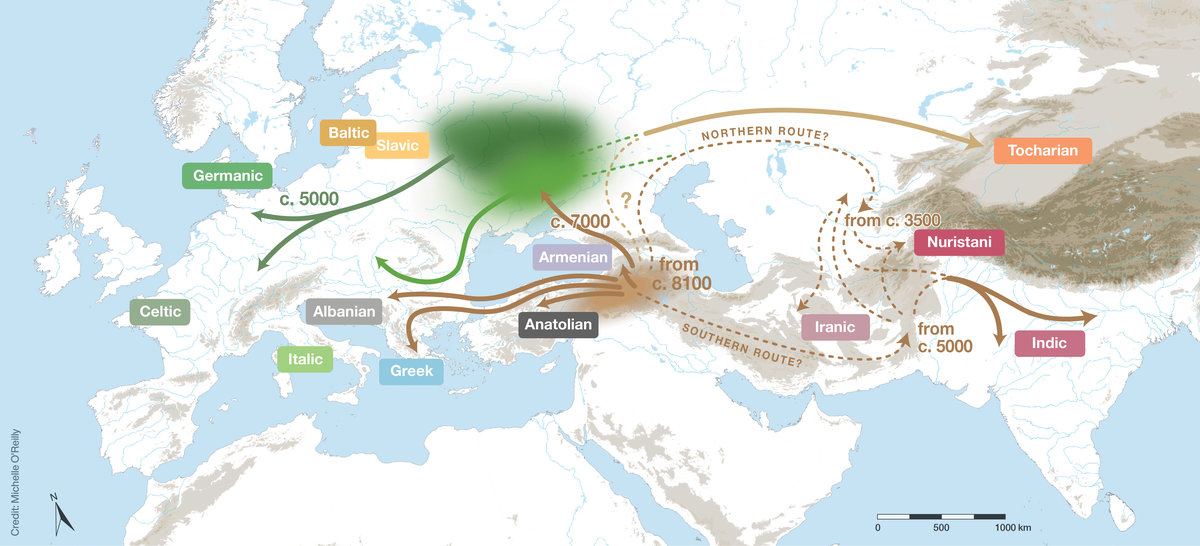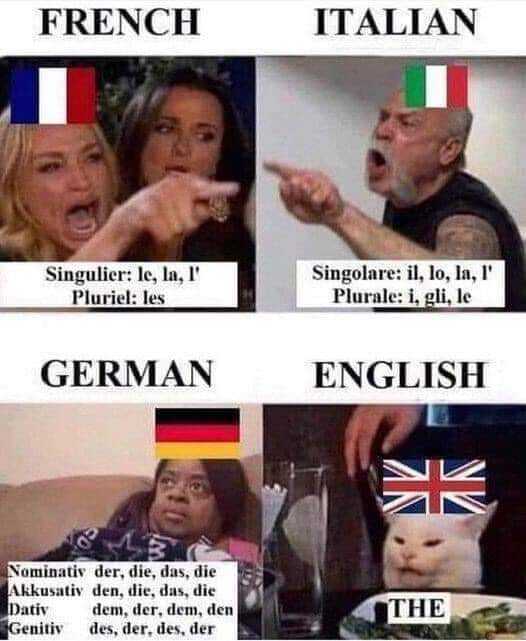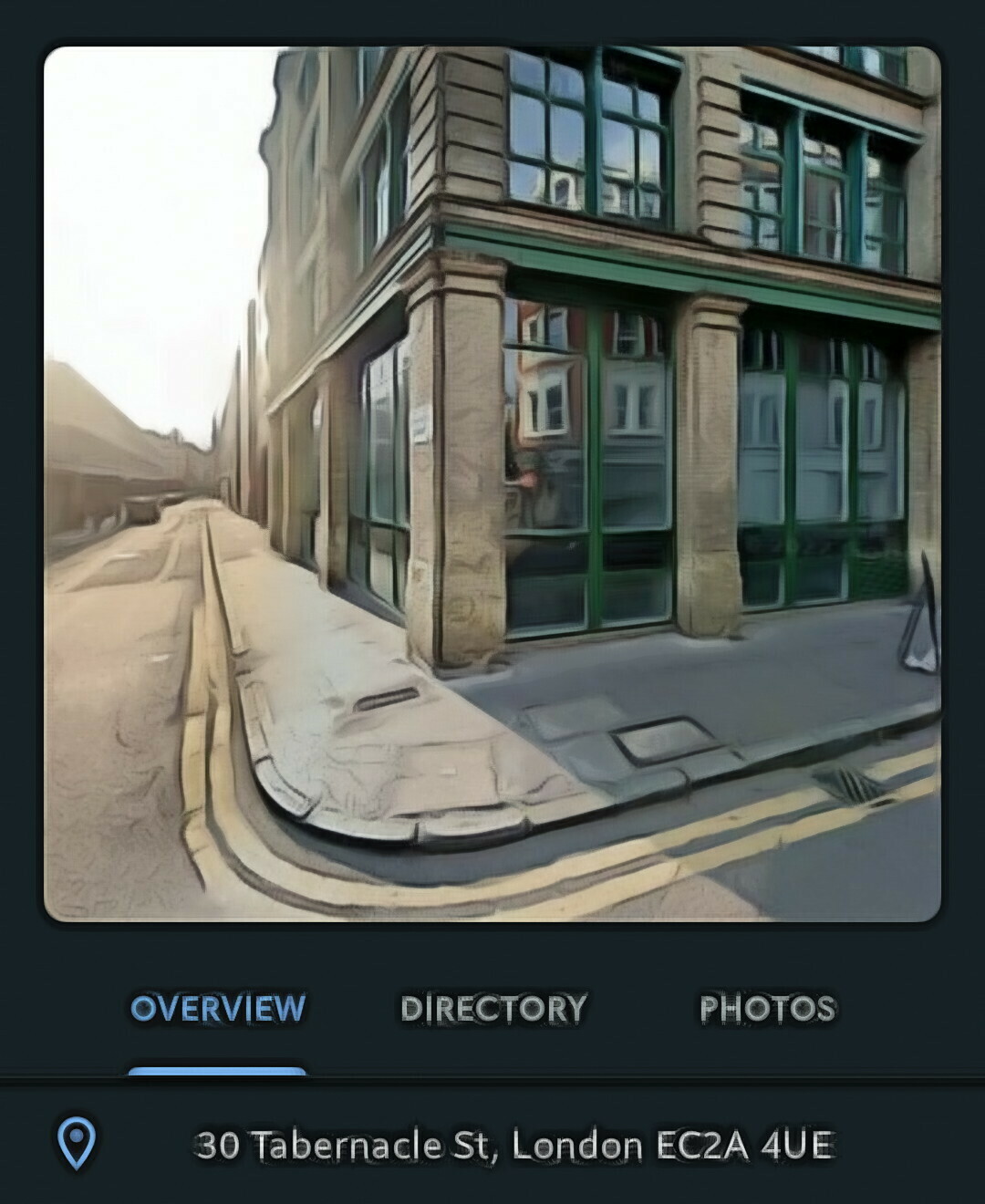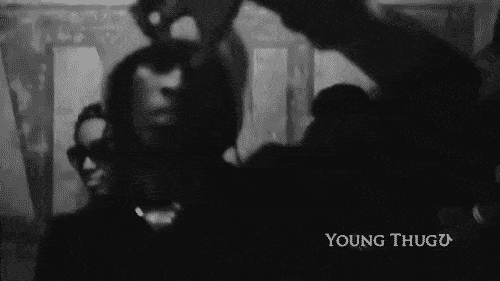"The Musa Alphabet"
"Why would we want another alphabet, when we already have this one? There are three main reasons:"
"1. because Musa is a better alphabet for English than the Roman alphabet (and a better alphabet for Hindi than Devanagari, and so on),"
"2. because Musa is a universal alphabet that can be used to write all of the world's languages using the same letters for the same sounds, and"
"3. because Musa is easier to learn and use than other alphabets."
"The Musa Alphabet is a universal alphabet, designed to be shared by many languages. And it has only 10 basic shapes, so it's easy to learn and makes the Musa keyboard (below) much less complicated than, for instance, the one on your phone."
"Those shapes pair up to form hundreds of letters, but each language will only use the ones it needs. For instance, English uses only about 50 of the letters. Each letter might be pronounced slightly differently for different languages - an English t sounds subtly different from a Hindi t - but we don't really care: each language just uses the best letter for each of its sounds."
"The Musa Alphabet is featural: the shapes represent phonetic features. For example, nasal consonants like m n ng alll feature a triangular top, and retroflex consonants all feature a zigzag bottom. And it's also iconic: letters share features with their sounds. For example, rounded vowels are round, and closed vowels are closed. Sounds made in the front of the mouth face towards the front (left), and sharp sounds are sharp letters. As a result, letters that sound alike look alike."
"As you can see at left, the Musa Alphabet can also be written in several different gaits: as an alphabet, as cursive script, as a syllabary or as characters. This helps Musa look familiar all over the world, and adapts it to the needs of each language. But all these gaits still use the same letters, so everybody can read it."
It seems to me like this is a lot less likely to replace the Latin alphabet used for English (or any other writing system used for any other language -- especially in this age of unicode and good AI translators) than it is to replace IPA -- the international phonetic alphabet. The IPA is the alphabet for those pronunciations in dictionaries and Wikipedia and so fourth, and it's not intuitive at all.


